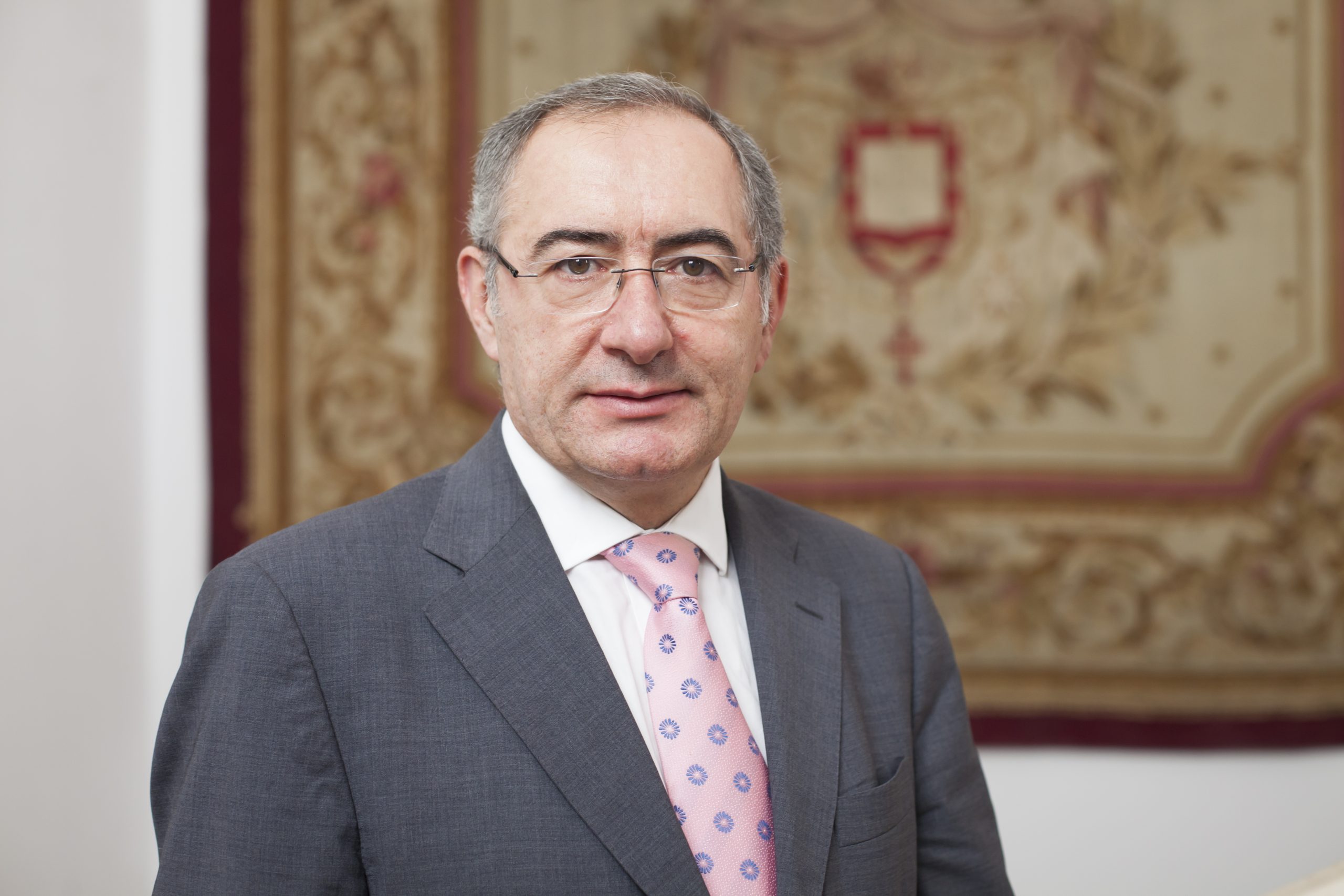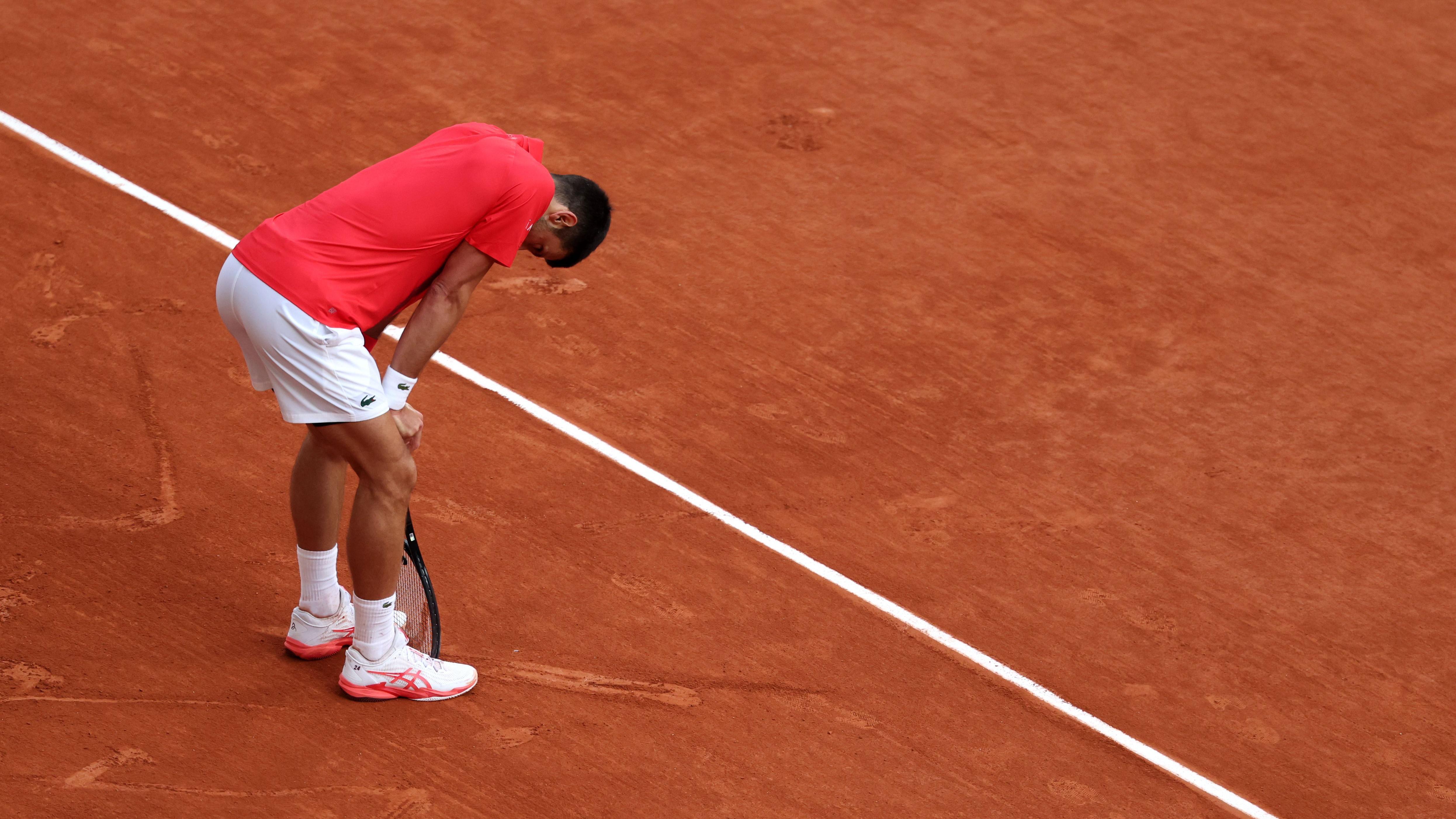The quarrel in The Hague reduces the trust of the higher educated in the government
:format(webp)/s3/static.nrc.nl/taxonomy/9ae99fa-Rusman%252C%2520Floor%25202023%2520%255BDoomernik%25202320%255D%2520700%2520WEB.png)
Since the Cabinet Schoof took office, confidence in the government has fallen sharply among the higher educated. In the spring of 2024, 60 percent of them had faith in the government, which fell to 52 percent in the (after) summer. This is evident from the new edition of the Continu Research Citizen Perspectives that the Social and Cultural Planning Bureau (SCP) will publish on Tuesday.
It is striking that during the research period last year, trust among higher educated people (HBO/WO) was the first to be the same as that of practically trainers. « That is remarkable, because we structurally see that HBO and WO-educated people have more faith in politics than MBO and VMBO-educated people, » says SCP researcher Josje den Ridder.
A low trust in the government is not new, but the reasons mentioned did change partly. Such as the poor cooperation within the PVV, VVD, NSC and BBB cabinet. « That is something that was previously not spontaneous, » says Den Ridder.
A female respondent (64, HBO) says in the SCP study, for example: « This government is a » must « without chemistry. They spend more time on burning together than trying to tackle the many problems constructively. ”
Read also
Highly educated self -hatred
'Unrealistic'
A second reason for the low trust that is mainly called HBO and WO-educated people is the alleged incompetence of ministers. A 27-year-old man (wo-educated): “Ministers are less capable. Knowledge is low, plans are unrealistic and people are too busy with populism and has achieved little. ”
Lack of decisiveness is an explanation for low trust. « That is not new, since the Rutte IV cabinet has been one of the most frequently mentioned concerns that politics is only concerned with themselves, » says Den Ridder.
Despite the call for decisiveness, the support for an authoritative administration during the (after) summer of 2024 has not increased. 28 percent of the Dutch think that the government can be better left to a number of strong leaders. That percentage has been fluctuating around 30 percent since 2008. MBO and VMBO-educated people in particular, people over 55 and PVV voters are more often in favor of 'powerful leaders'.
Careful optimism
Some dissatisfied citizens have more confidence, especially voters who felt rather excluded. « PVV voters who had the feeling of being sidelined for years now feel heard again. »
That trust is shaky, warns the knight. « If results are not forthcoming, this temporary revival can collapse like a pudding, » she says. « Promises of the elections must be realized. That has not been successful in recent months and that is, among other things, why confidence among VMBO and MBO-educated people is falling after September. ”
Although confidence in politics fell last year, the Dutch remain positive about the state of the economy: 78 percent who give a sufficient, 64 percent expected in the coming months, the SCP study shows. The economy and high prosperity are seen by many people as strengths in the Netherlands.
Read also
'Higher educated people see much more polarization than lower educated people, and they are segregating'

:format(webp)/s3/static.nrc.nl/wp-content/uploads/2025/03/03170035/data122201069-6b4ea9.jpg)
:format(webp)/s3/static.nrc.nl/wp-content/uploads/2025/06/05163439/data133217982-f902a2.jpg)
/s3/static.nrc.nl/wp-content/uploads/2025/06/06205808/web-0606BINspermadonatie.jpg)
/s3/static.nrc.nl/images/gn4/data133317775-d0126f.jpg)



